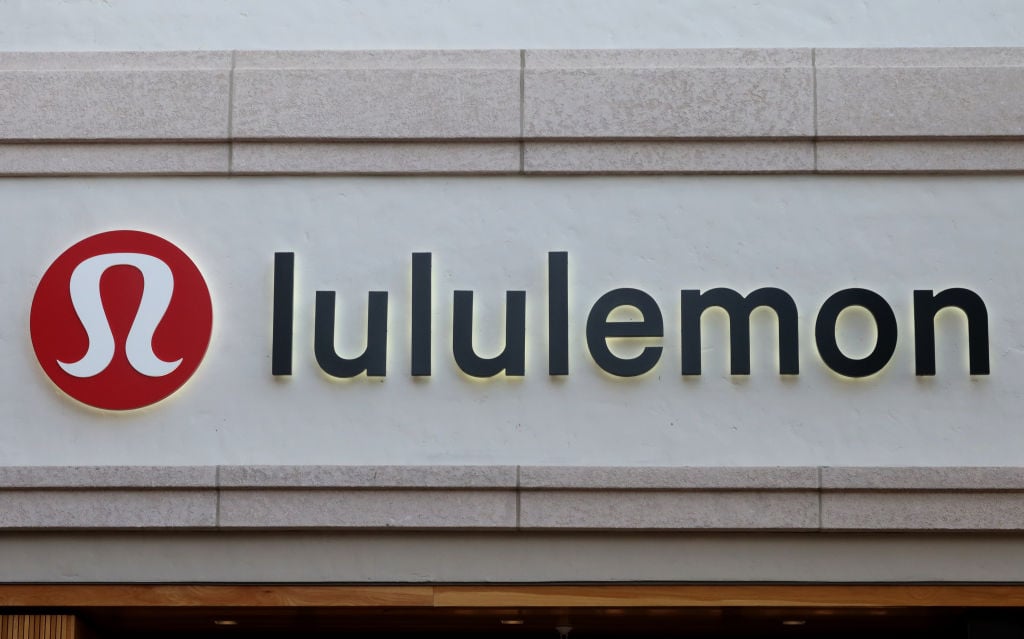You might think that after its founder insulted customers by insinuating that fat thighs were the culprit for the "wardrobe malfunctions" they experienced in its pants, lululemon athletica (LULU 0.27%) would go to extremes to ensure customer relationships were a positive experience. You might think that, but the latest news seems to prove that theory wrong.

Business Insider recently reported that the upscale yoga clothing maker instead is going on the offensive against those who resell its clothing items on sites like eBay (EBAY 0.66%). Lululemon warns those who do so that if they're caught reselling its clothes, particularly at a price point higher than Lululemon itself sells them, they'll be banned from shopping at its online store.
Of course, the retailer puts its customers in a bind, because it has a strict 14-day return policy, even for gift purchases. Fall outside of that very narrow window and you're out of luck. Then Lululemon sics its resale police on you if you try to sell the item online. Its customers are now lashing out at the company on social media, castigating its shortsighted policies.
It's understandable that a company would want to control the customer experience and protect consumers from knock-offs, shoddy materials, etc. And pursuing those who knowingly traffic in such fake goods is warranted. Handbag maker Coach, for example, ruthlessly pursues and prosecutes those found selling fake handbags. That's simply smart business sense, as it's designed to protect its brand (and sales: Every fake handbag sold is one fewer real Coach bag sold).
What you don't see Coach doing, though, is going after its customers who resell on eBay its handbags and purses, new or otherwise, and it doesn't ban such sellers from shopping at its online store.
Whereas some companies like Nordstrom have made a name for themselves in customer service, bending over backward to ensure its customers are happy, others, like Lululemon, seemingly go out of their way to insult them. When companies need to play janitor and constantly mop up after executive decisions, it suggests there is something systemically awry in the business. Luluemon's resale policy shows there's a culture at the retailer that goes beyond a CEO who has no filter and holds its clientele in disdain.
Lululemon might do well to study the Oracle white paper "Why Customer 'Satisfaction' Is No Longer Good Enough."
Among its findings were these not-so-surprising results:
- "70% of shoppers have stopped buying goods or services from a company after experiencing poor customer service
- 64% have, after experiencing poor customer service, gone straight to a competing brand to make a purchase
- 81% are willing to pay more for a better customer experience"
As the old saying goes, you attract more bees with honey than vinegar, and lululemon athletica can attract more loyal customers if it treats them with respect instead of repeatedly alienating them.






